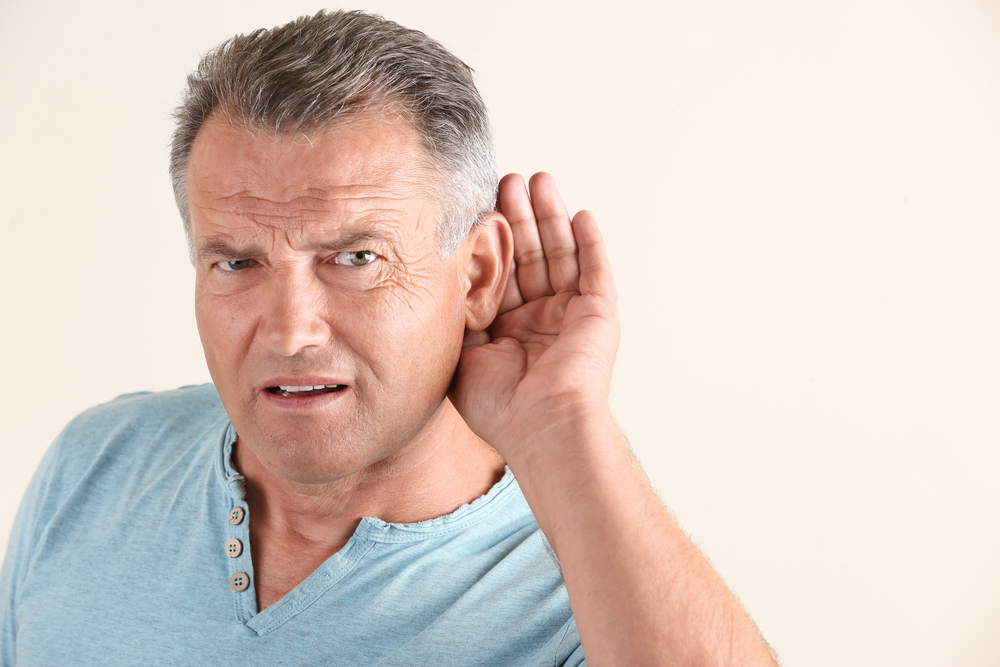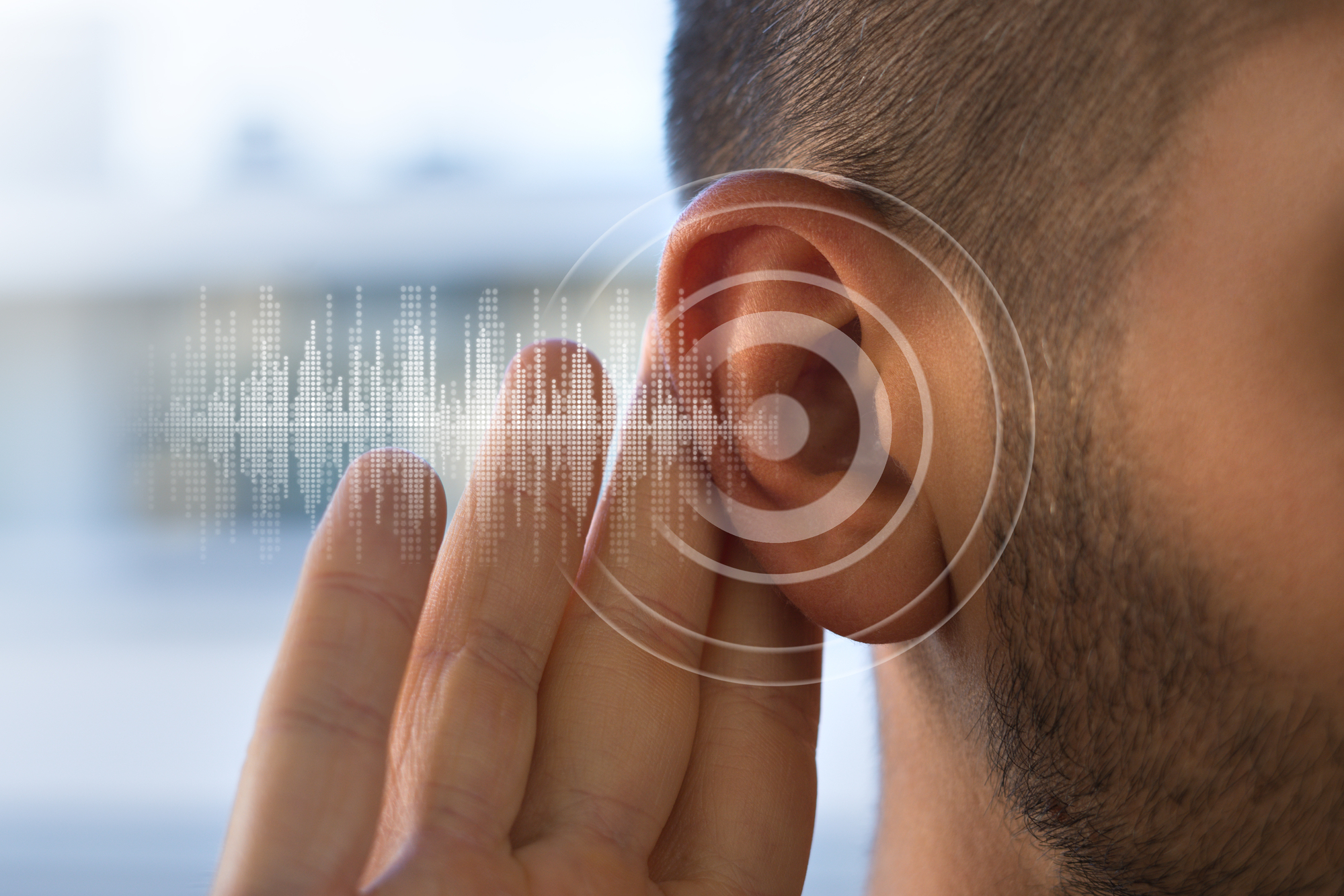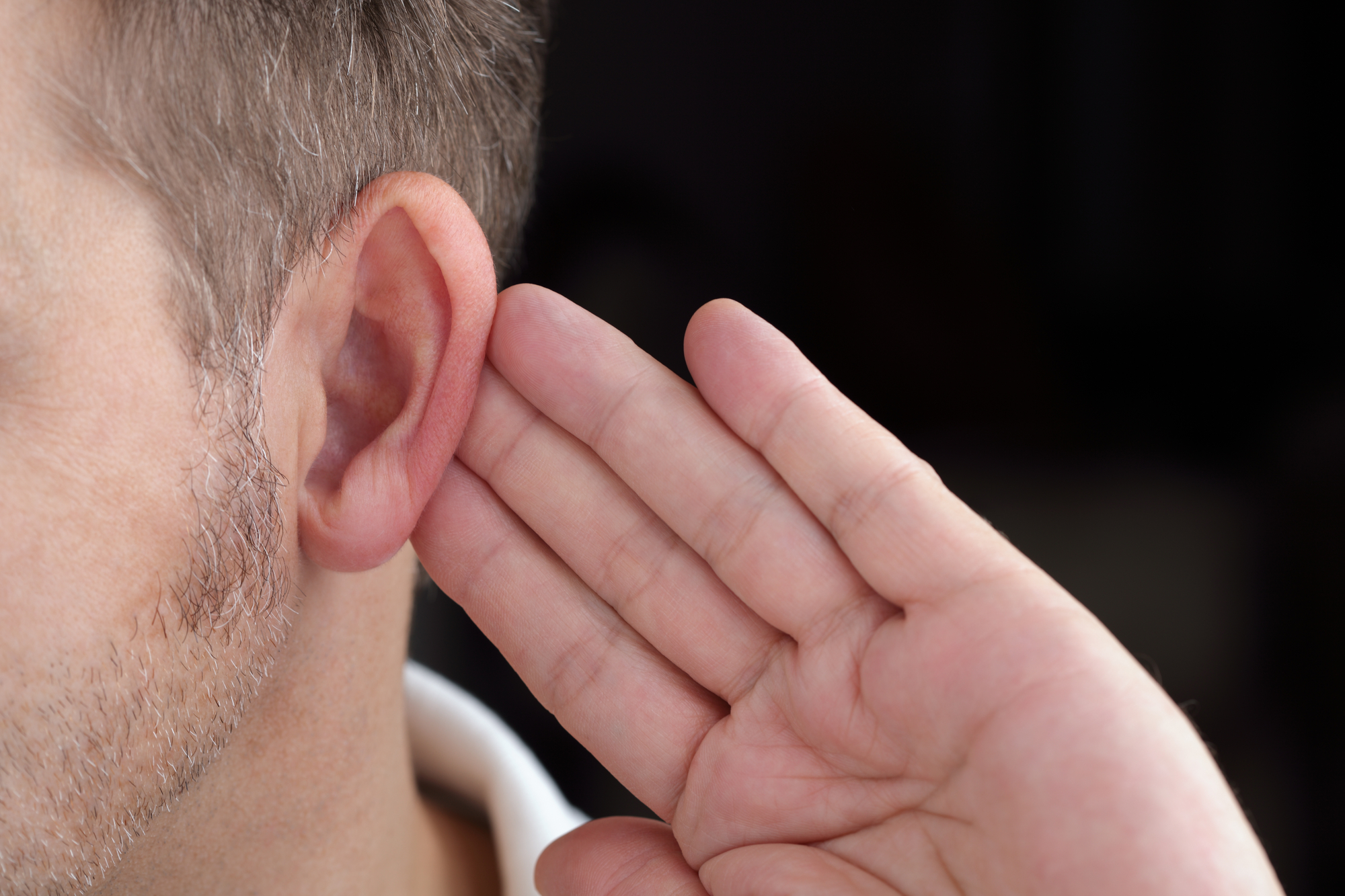So you’ve taken the plunge and purchased hearing aids – congratulations! You are now the proud owner of some of today’s most advanced medical technology and can look forward to an improved quality of life through better hearing health! Even though today’s hearing aids are smaller and better-sounding than ever, they can still take some getting used to.
For some people, it’s easy to pop hearing aids on and go about their lives with very few adjustments; but for others, getting the settings just right takes a few visits and some patience. Either way – we’re here to help you enjoy a life full of sound!
Read on for my top 5 tips for easing into wearing hearing aids.
1. Get the right hearing aids for your hearing loss, lifestyle and budget and have them fit by a licensed hearing care professional
The most important part of acclimating to your hearing aids is making sure you are wearing the right ones for your specific needs and goals! When you visit Purchase Ear Technology in Paducah, you are given a comprehensive hearing assessment that ensures Tim Harmon and out staff fully understands your hearing and can make the right recommendation for hearing aids.
We will recommend hearing aids based on more than just your hearing loss – they also take into account your lifestyle, hobbies, social habits and budget. Purchase Ear Technology carries a wide range of hearing aids to fit your preferences and needs.
2. Take it slow and build up to wearing your new hearing aids all day
If this is your first time wearing hearing aids, you may find it tiring or overwhelming at first – take it slow! Start your hearing journey off by wearing your devices for a few hours each day and build up to a full day’s use over a two-week period. This will keep your auditory system from becoming overwhelmed by all the new sound you will be hearing and will prevent auditory fatigue.
3. Take notes on your listening experiences throughout your day-to-day life
As you are out and about with your new hearing aids, make notes on the listening environments that you frequent the most. How much noise are you surrounded by daily? What is your experience like with your hearing aids in these environments? How are you tolerating different sounds and soundscapes? Pay attention to any specific sounds that might not seem quite right. If after a few weeks of use you are having difficulty with certain sounds or sound situations, be sure to reach out to us and and attend your follow-up appointment so appropriate adjustments to your devices can be made.
4. Be patient
This can sometimes be the hardest part – but give your brain the time it needs to learn to hear all life has to offer once again! The amount of time this takes is different for everyone. Depending on how long your hearing loss has been left untreated, it can take days or weeks for your brain to re-learn how to hear the sounds you have lost. Don’t get discouraged! Research shows it can take up to 6 weeks for our brains to fully adjust to hearing through hearing devices. Certain sounds, like the sound of your own voice or even your hair brushing against the back of a behind-the-ear model hearing aid, might jump out at you at first. Your brain will soon recognize these small sounds for what they are and will no longer focus on them.
5. Commit to the process for the best results
Consistent use of your new hearing aids is the key to success! Making the commitment to wearing them is the most important thing – your hearing aids can only help you when they are in your ears! At Purchase Ear Technology, we are your teammate. Reach out to us with any questions or difficulties you have along the way. We want to work with you to help you get the most out of your devices – and your life.
We hope these tips are helpful for you as you begin your healthy hearing journey. We are excited to be part of that journey, and to offer improved quality of life through better hearing. If you have any questions, please contact us at Purchase Ear Technology at (270) 558-3296. Our office is conveniently located at 2008 Broadway St in Paducah, KY. At Purchase Ear Technology, you are more than a patient. YOU ARE FAMILY!










